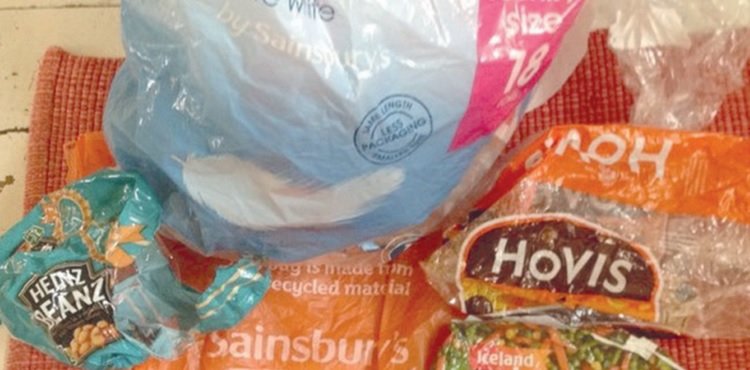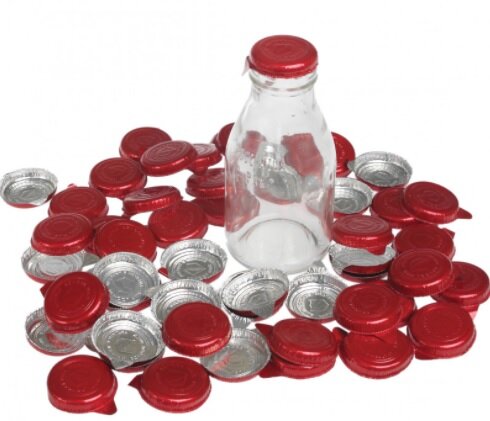The photo shows a number of different nets that are used for packaging of all sorts of foodstuffs. The label sometimes says do not recycle, and sometime recyclable?
All of these plastic nets, labels and clips can be recycled. They can all go into your favourite supermarket flexible plastic recycling bin.
They are not recyclable in your home blue top recycling bin.
These bags are all are made of a similar plastic material. One explanation for the different recycling instructions is that the products have been packed overseas and are sold to many different markets in different countries, not just the UK, and it is not possible to provide recycling instructions for every country, so they take the easy option and say ‘not recyclable’.
For an up to date list of the flexible plastics that Sainsbury’s and the Co-op recycle do have a look at the following links:
https://www.about.sainsburys.co.uk/sustainability/plan-for-better/our-stories/2021/flexible-plastics











